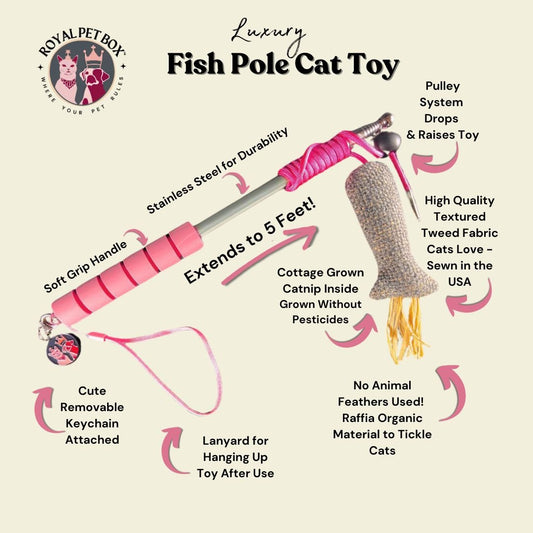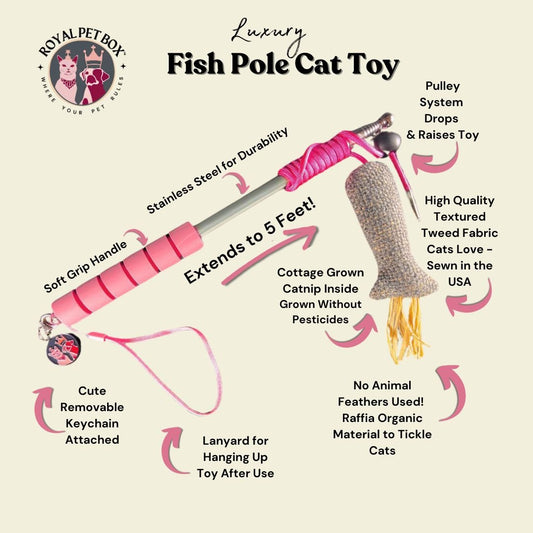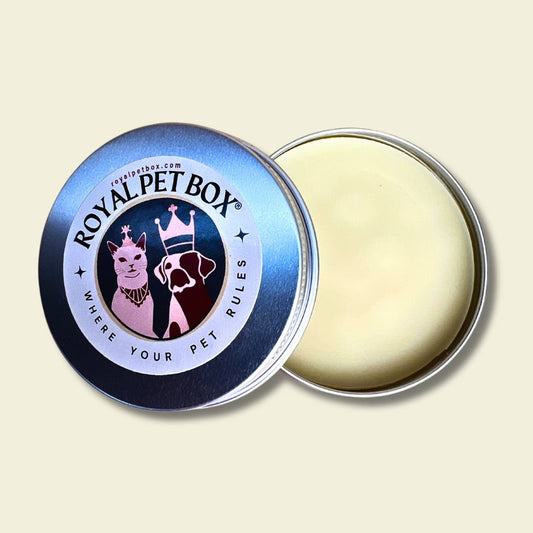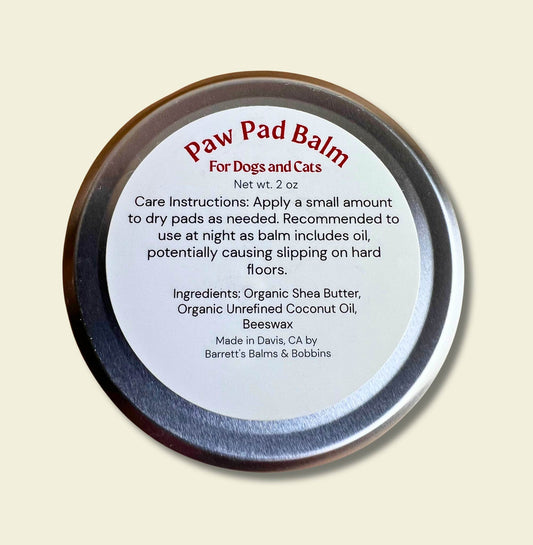
Raising Awareness: Pancreatitis
Paris DeesingShare
Unfortunately, we just had a first-hand experience with Mickey, Royal Pet Box's chief dog product tester, being diagnosed with pancreatitis. He was misdiagnosed three times before a local veterinarian, who recently graduated from vet school, tested him for pancreatitis. Thank goodness he did - Mickey required a two-day hospital stay to get him back to good health. After researching his issue, we found that pancreatitis is a serious and potentially life-threatening condition that can affect dogs of any breed, age, or size and it is often misdiagnosed. It turns out that the pancreas, an organ located near the stomach, plays a crucial role in digestion by producing enzymes that help break down food and regulate blood sugar levels. When the pancreas becomes inflamed, a condition known as pancreatitis occurs, disrupting its normal function and causing a range of symptoms that can vary in severity.
Causes of Pancreatitis
The exact cause of pancreatitis in dogs is often unknown, but research shows several factors can contribute to its development. These include:
- Dietary Indiscretion: Consuming high-fat foods, especially in large quantities, can trigger pancreatitis in some dogs. This often occurs after a dog has raided the garbage, eaten table scraps, or ingested fatty foods meant for humans.
- Obesity: Overweight dogs are at an increased risk of developing pancreatitis, as excess body fat can put strain on the pancreas and disrupt its normal function.
- Certain Medications: Some medications, such as certain antibiotics and chemotherapy drugs, have been linked to pancreatitis in dogs.
- Underlying Health Conditions: Dogs with underlying health issues, such as diabetes mellitus, hypothyroidism, or Cushing's disease, may be more susceptible to pancreatitis.
- Genetics: Certain breeds, including Miniature Schnauzers, Cocker Spaniels, Yorkshire Terriers, and Miniature Poodles appear to be predisposed to pancreatitis.
Symptoms of Pancreatitis
The symptoms of pancreatitis in dogs can vary widely depending on the severity of the condition. Common signs to watch for may include:
- Loss of Appetite: Dogs with pancreatitis may lose interest in food or refuse to eat altogether.
- Vomiting: Persistent vomiting, sometimes accompanied by yellowish bile, is a common symptom of pancreatitis.
- Abdominal Pain: Dogs with pancreatitis may exhibit signs of abdominal discomfort, such as restlessness, pacing, or reluctance to be touched around the abdomen.
- Diarrhea: Some dogs with pancreatitis may experience diarrhea, which can be watery or contain blood.
- Lethargy: A general lack of energy or enthusiasm for normal activities is often observed in dogs suffering from pancreatitis.
- Dehydration: Severe vomiting and diarrhea can lead to dehydration, which may exacerbate the dog's condition.
Diagnosis and Treatment
If pancreatitis is suspected, a veterinarian will typically perform a thorough physical examination and may recommend diagnostic tests such as bloodwork with a specific test for pancreatitis, imaging studies (such as ultrasound or X-rays), and additional tests. In Mickey's case, he had both x-rays and a pancreatitis-specific Canine Pancreatic Lipase Immunoreactivity test (also known as cPLI or Lipase), and they performed a standard blood panel. The "Lipase" test clearly showed he had pancreatitis. I always ask my veterinarian for the actual printed test results so I can compare and track the results over time.
Treatment for pancreatitis in dogs typically involves supportive care to alleviate symptoms and allow the pancreas to heal. This may include:- Fasting: Withholding food for a period of time (usually 24 to 48 hours) allows the pancreas to rest and reduces the workload on the organ.
- Intravenous Fluids: Hydration is essential for dogs with pancreatitis, especially if they are vomiting or experiencing diarrhea. Intravenous fluids can help restore electrolyte balance and prevent dehydration.
- Pain Management: Medications may be prescribed to help alleviate abdominal pain and discomfort.
- Anti-nausea Medications: Drugs to control vomiting may be administered to provide relief and prevent further dehydration.
- Dietary Management: Once the dog's condition has stabilized, a low-fat, easily digestible diet may be recommended to prevent future episodes of pancreatitis.
In severe cases of pancreatitis, such as what Mickey had, hospitalization and intensive care may be necessary to treat and monitor their progress. Mickey had all of the above-mentioned treatments during his stint at the local animal hospital. We are sure glad we have Healthy Paws medical insurance for him! Prognosis for each dog varies depending on the severity of their condition and how promptly treatment is initiated.
Preventing Pancreatitis
While it may not always be possible to prevent pancreatitis, there are steps pet owners can take to reduce their dog's risk:- Feed a Balanced Diet: Avoid feeding dogs high-fat or greasy foods, and stick to a balanced diet formulated for their specific nutritional needs. Mickey is a very picky eater, so we opted for a homemade food diet with all the required ingredients, such as low fat proteins, grains, vegetables, and additives to ensure a balanced diet. We've been reading up on all that is required to make well-balanced homemade dog food, and it's quite complicated!
- Limit Table Scraps: Resist the temptation to feed dogs leftovers or table scraps, as these can be high in fat and contribute to pancreatitis. We opted to make homemade pumpkin-turkey dog chips using our food processor and food dehydrator.
- Maintain a Healthy Weight: Keep dogs at a healthy weight through regular exercise and portion control, as obesity is a significant risk factor for pancreatitis.
- Monitor Medications: Be aware of the potential side effects of any medications your dog is taking, and consult with your veterinarian if you have concerns about their safety.
- Regular Veterinary Care: Schedule routine wellness exams for your dog, and seek prompt veterinary attention if you notice any signs of illness or discomfort. If you suspect pancreatitis, ask your doctor to test for it.
Through our journey, we learned that pancreatitis is a serious condition that requires prompt medical attention. By understanding the causes, symptoms, and treatment options for pancreatitis in dogs, pet owners, like us, can take proactive steps to help protect their canine companions' health and well-being. We are glad we found a veterinarian that was able to correctly diagnose Mickey and he is now his happy and playful self again!
Check out our luxury pet products at reasonable prices, shown below. Visit our "Royal Pet Box Pet TV" Channel on both Roku and YouTube for fabulous pet-related education and entertainment.
















